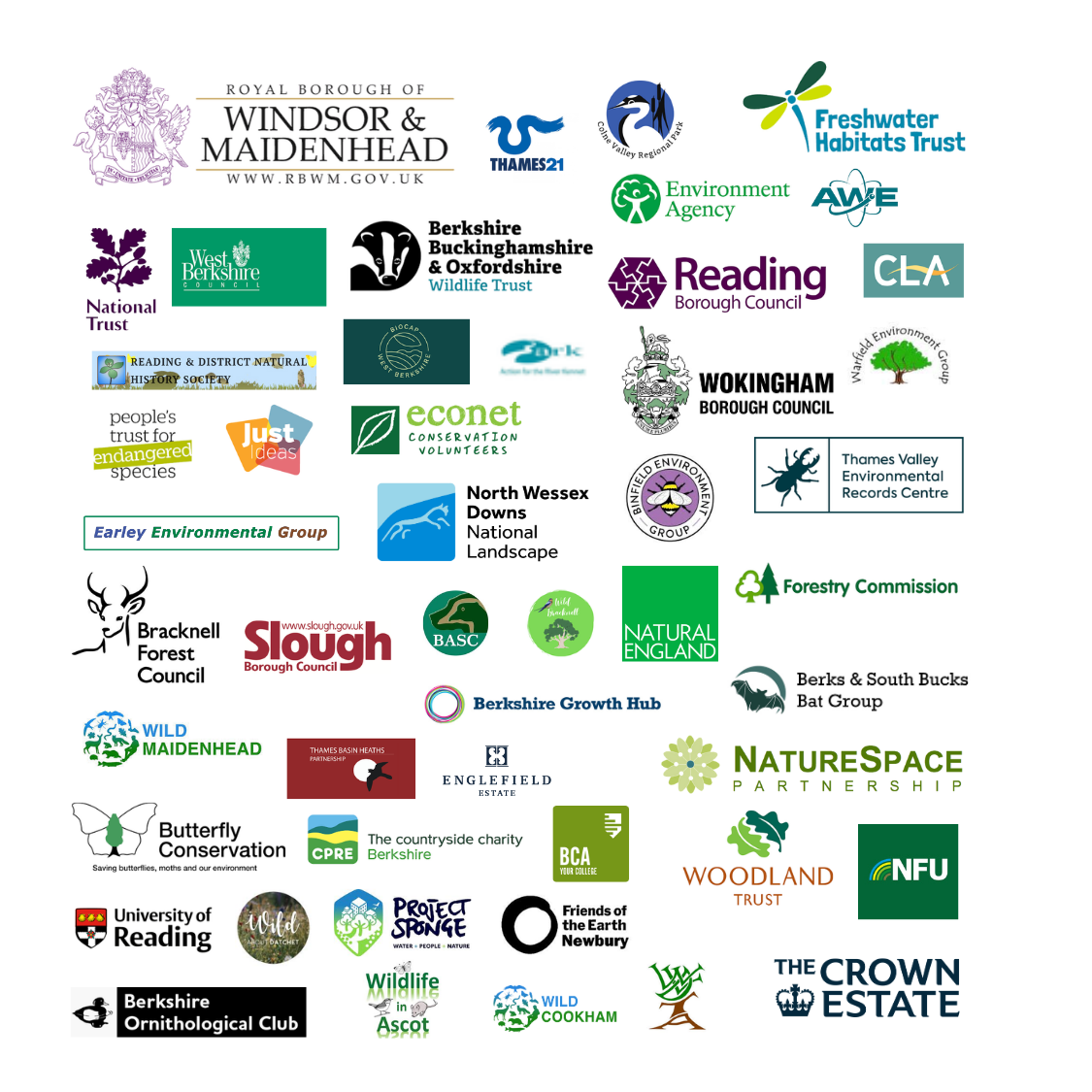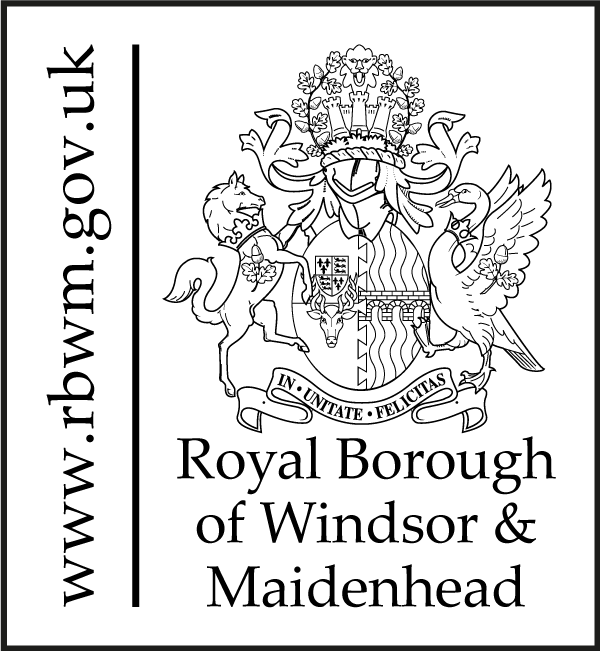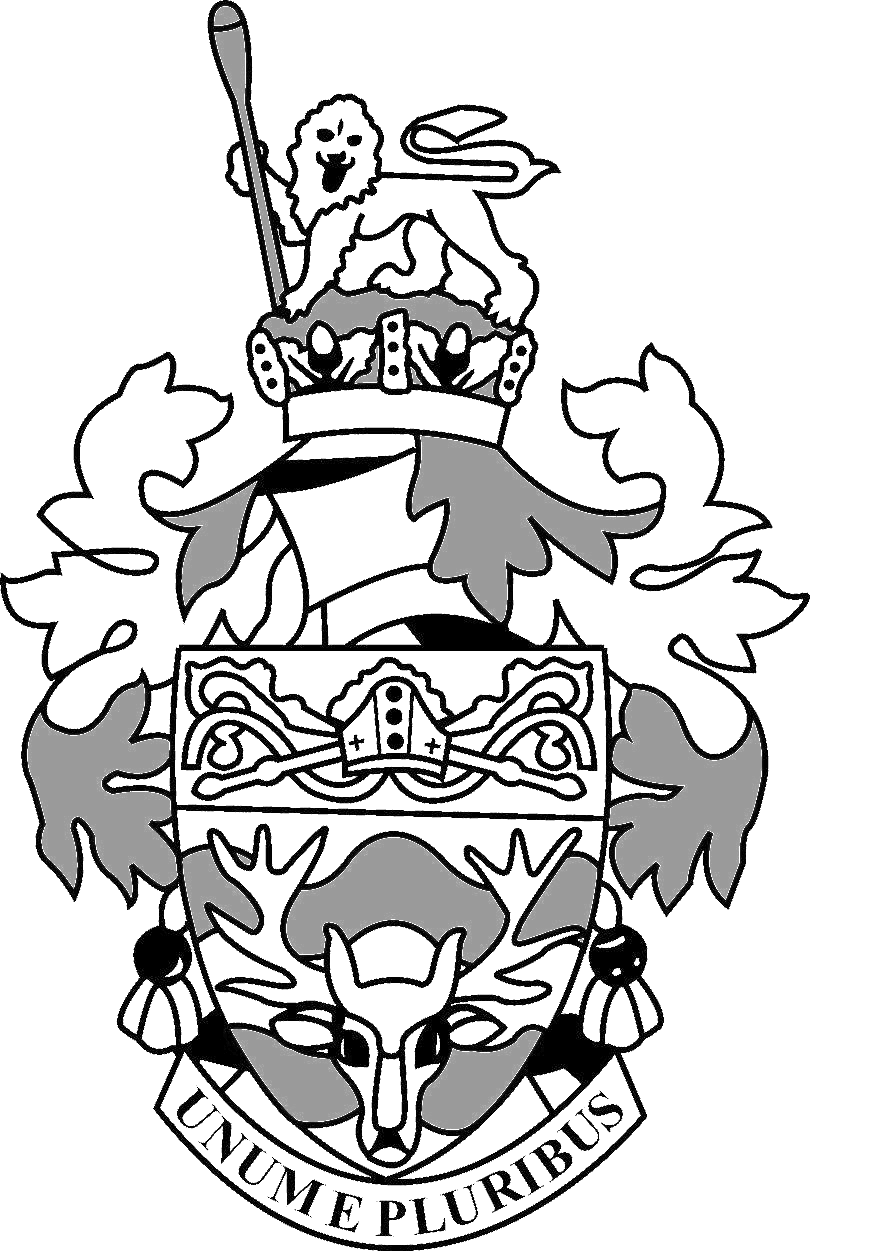Berkshire's Local Nature Recovery Strategy
Can I see the published strategy?
As of 7th October 2025, the Berkshire Local Nature Recovery Strategy is published and is viewable to all. The strategy consists of 4 documents:
2. The Description of Berkshire
3. The List of Priorities and Measures
4. The Species Priorities List
Other background documents, such as methodologies behind the engagement and data collection, longlists and information obtained from workshops and consultations, are also available to view on this website.
The Local Habitat Map allows viewing of Baseline Biodiversity areas and also Opportunities for Biodiversity areas. If you are trained in GIS systems and would like to access these layers as GIS files, please email bnc@rbwm.gov.uk with the subject line: GIS file access for Berkshire LNRS.
What is a Local Nature Recovery Strategy and who has developed it?
Local Nature Recovery Strategies (LNRSs) are spatial strategies to recover nature across England. There are 48 in total. Together, they form a Nature Recovery Network across England. The Royal Borough of Windsor and Maidenhead have been responsible for developing the Berkshire LNRS. Bracknell Forest Council, Reading Borough Council, Slough Borough Council, West Berkshire District Council, Wokingham Borough Council and Natural England have supported the creation. The Environment Act 2021 states that every county area must develop a Local Nature Recovery Strategy. See further Regulations and Guidance for LNRSs.
Find a blog here from Natural England for more information on Local Nature Recovery Strategies.
How is a Local Nature Recovery Strategy created?
The Berkshire Local Nature Recovery Strategy has collaborated at every stage with many groups: from landowners to public bodies, to eNGOs, community groups and the public. A combination of surveys, a Public Consultation, pins on maps, working groups and workshops collected information that has made this strategy. First, we mapped areas that are currently good for biodiversity, and wrote about the biodiversity of the area, including its history and future opportunities and threats. Then, our Priorities and Measures for nature recovery were agreed and used alongside computer modelling to create a Local Habitat Map. These depict what needs to happen to achieve the agreed aims for nature. This links with delivery mechanisms, such as Biodiversity Net Gain (BNG), other funding opportunities and to habitat management guidance. See more in the flowchart below.

What will the Berkshire LNRS be used for?
Our strategy is a blueprint for nature recovery, that helps prioritise where and how investment and action should be targeted in the short-term. It is a crucial delivery plan for the long-term ambitions of each Local Authority's Biodiversity Action Plans, climate strategies and more.
The Berkshire LNRS helps to guide:
- Planning and development: How and where developers will deliver their new Biodiversity Net Gain duties - including the delivery of biodiversity offsetting and by identifying spatial allocations for nature.
- Investment: It aims to help to attract and guide future investment across Berkshire.
- Planning Policy: Planning Policy needs to 'take account' of the Berkshire LNRS in planning decisions.
Why are Local Nature Recovery Strategies needed?
England is one of the most nature depleted countries in the world. To recover our nature, we need to understand what should happen at a local level. That's what Local Nature Recovery Strategies are aiming to do - use local knowledge to develop a realistic and accurate plan of where nature recovery should and could occur, and help to deliver those ambitions.
What did our Berkshire community tell us they want to see in Berkshire's Nature Recovery?
As well as the longer documents that can be viewed when published, a local artist also created a visual representation of people's ideas for Berkshire's nature recovery, as told during workshops.

Visualisation of stakeholder views on Berkshire Nature Recovery. Credits to Natalie Ganpatsingh.
Who contributed to the Berkshire Local Nature Recovery Strategy?
The image below acknowledges the organisations that have contributed to the LNRS throughout the project's duration, from 2023 to publication in 2025. They have dedicated their time, resources, and knowledge towards making the LNRS map, species list, priorities, and description of Berkshire as good for nature as it can be.






